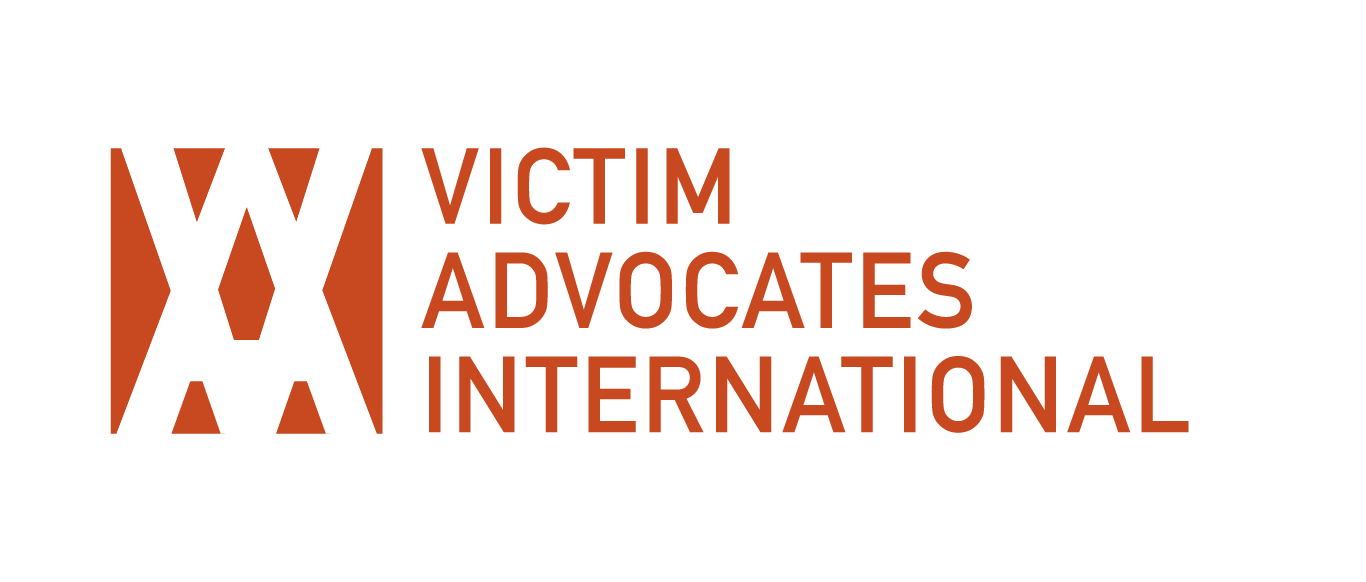South Sudan
Background
South Sudan has experienced significant political turbulence and conflict in recent years. After gaining independence from Sudan in 2011 after a prolonged civil war, it became the world's newest nation. However, instead of ushering in stability, the country faced internal challenges that led to a complex and protracted conflict.
The political climate in South Sudan has been marked by power struggles, ethnic tensions, and violence. The rivalry between the country's top leaders, President Salva Kiir and former Vice President Riek Machar, escalated into a full-blown civil war in December 2013. From the start, armed groups targeted civilians along ethnic lines, committed rape and sexual violence, destroyed property, looted villages, and recruited children.
Over the years, multiple peace agreements were brokered, but they were often followed by renewed fighting. Humanitarian crises, including famine and displacement of civilians, exacerbated the already dire situation. In 2023, more than 7.7 million people, or two-thirds of the population, faced severe food insecurity. This has led to the largest refugee situation on the African continent with over 2.2 million refugees hosted in neighbouring countries living in often precarious conditions.
Our work
One of our main goals at Victim Advocates International is to build solidarity between victim groups. In this way, we support groups to learn from one another and become powerful advocates for their communities.
From May to November 2020, we ran a programme in South Sudan alongside Rohingya groups. Supported by the Knowledge Platform Security and the Rule of Law, the project aimed to support victims of atrocities in the country. We did this by supporting established Rohingya groups to create short videos offering advice and support. We then shared these with the groups in South Sudan.
The lead Rohingya group was the Arakan Society for Peace and Human Rights (ARSPH), who provided experiences and lessons learned in specific areas. ARSPH had been operating in Cox’s Bazar refugee camp in Bangladesh for many years.
The South Sudanese groups receiving the videos were new victim associations. These groups were led by shared goals of justice for their communities. Because most members lacked any form of income, better vocational and educational opportunities were key goals.
Organisations involved with these groups included the Dialogue and Research Initiative (DRI) and the Centre for Inclusive Governance, Peace and Justice (CIGPJ). According to them, the new victim groups helped to share information with communities. However, the groups were still unable to decide on a course of action to demand justice. It is here that they could learn from the experiences of ARSPH.
The purpose of this project was to capture knowledge from the Rohingya groups and share it with the groups in South Sudan. Initially, it was to involve training designed by the Rohingya groups and delivered in person by staff from VAI and our South Sudanese partners.
However, a combination of COVID-19 and conditions in Cox’s Bazar meant we reimagined the project as short educational videos. We made these alongside the Rohingya groups and shared them with the groups in South Sudan.
We produced the videos in English, Juba Arabic, Nuer, Dinka and Kakwa. This allowed all group members to access the videos in the language most comfortable for them.
After this, VAI’s partners – DRI and CIGPJ in South Sudan and Remembering the Ones we Lost in Northern Uganda – held focus group discussions about the videos. This allowed us to get feedback and suggestions about what they learned, and what they felt they still needed to know.

